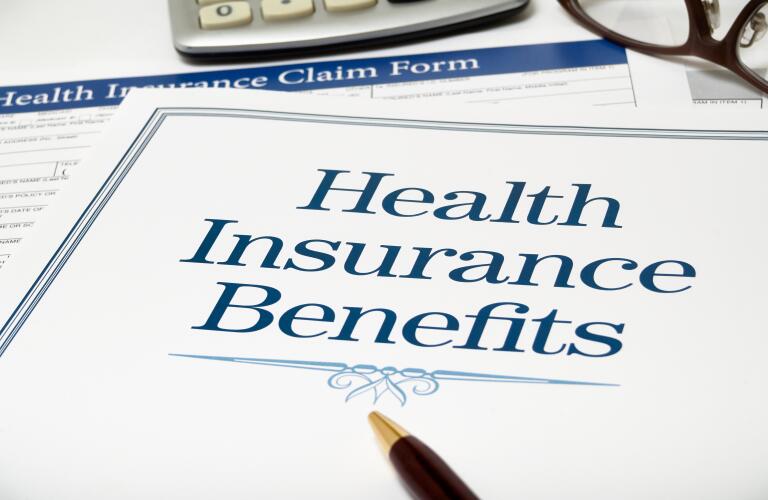
If you or a loved one has had a stroke, you probably know that recovery can be a long and unpredictable process. It can also be an expensive one. Hospital bills, ongoing therapy, nursing facilities, medication, and other costs all add up. But there is hope. By understanding insurance and taking advantage of the right options, you can get the coverage and services you deserve. Here are a few things to know about insurance coverage following a stroke.
1. Having health insurance is key
Experts have found that stroke survivors who have health insurance are more likely to get the care they need, recover faster, and become healthier compared to those without it. Types of insurance include private insurance, such as through an employer, or government insurance, such as Medicaid or Medicare. If you don’t have insurance, there are ways to get it. No one can be turned down because of having a stroke. Visit www.healthcare.gov to learn more.
2. Every patient is unique
Which rehabilitation services are covered by insurance depends on many things: the specific type of insurance, the medical situation, the recovery progress, and more. That means what services the insurance covers and how much it will pay is unique to your circumstances. Don’t assume that because someone you know received coverage for certain services that you will, too.
3. It’s important to get specific
Call your insurance plan and ask what specific stroke rehabilitation services they cover. Your doctor, case manager, or hospital social worker can help. Find out how much and how long insurance will pay for specific rehabilitation services, such as inpatient rehabilitation or outpatient therapy.
4. Physical changes can trigger insurance benefits
A stroke survivor may qualify for additional insurance coverage for rehabilitation therapies during the recovery process if he or she experiences changes in physical function. For instance, motor skills, speech, or self-care may start to improve or get worse. If so, check to see if the change triggers additional insurance benefits. For example, when a stroke survivor begins walking again after using a wheelchair—even after several years—he or she may be eligible for more therapy.
5. Disability benefits are important, too
Disability benefits are important because they provide financial support until you or your loved one is able to work again. Explore disability options as soon as possible following the stroke. If the employer is covered by the Family and Medical Leave Act (FMLA), apply for FMLA benefits right away. This benefit can protect your or your loved one’s job. You may need to apply for FMLA before you can access other short- and long-term disability benefits from the employer.
Stroke survivors may also be eligible for government disability benefits through the Social Security Administration. To learn more about government benefits, call 800-772-1213.
6. Sometimes it takes a fight
If you feel that the insurance company is not correctly paying for stroke recovery services or therapy, find out why. There are things you can do. For example, if services are denied because the insurance company doesn’t believe there is “medical necessity,” ask the doctor to get involved. If you believe you are being denied payment or access to a medical service that you are entitled to, you have the right to appeal the decision.
7. Help is available
Dealing with insurance companies can be frustrating and overwhelming. But don’t give up. Ask for help in understanding and working through insurance issues. Resources can include hospital case managers or social workers, agencies that advocate for the aging population, or the local Social Security Administration Office of Disability. If you don’t know where to start, ask your doctor. You also may want to consider working with a medical billing advocate. These paid professionals can help you interpret your coverage and medical bills, as well as manage inappropriate insurance claims denials.



